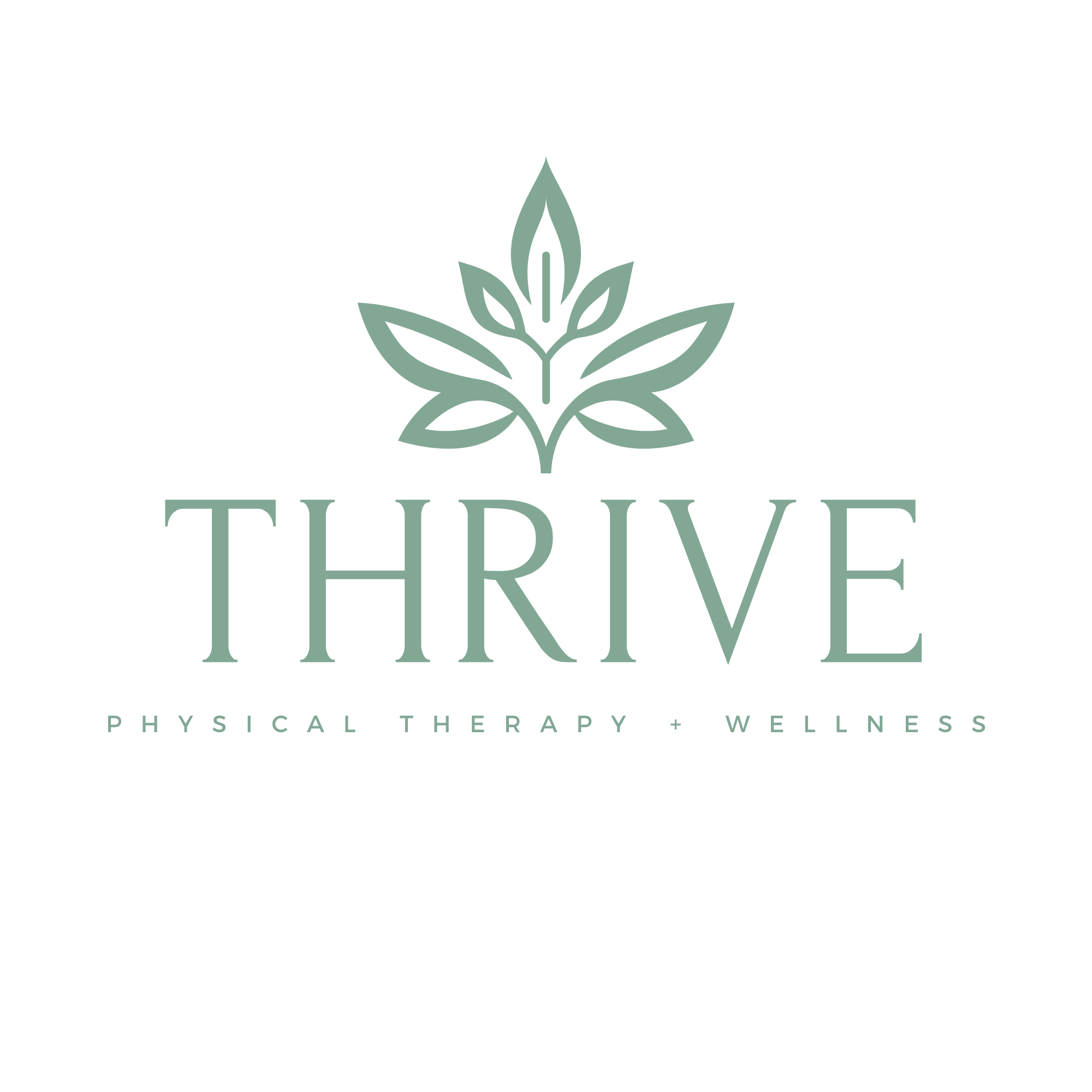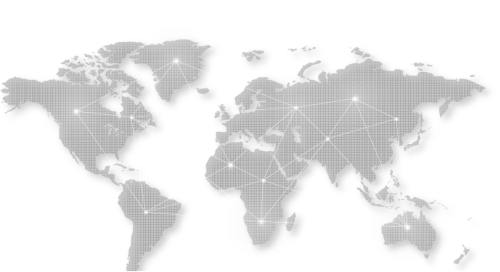
Stepping into the world of neurological rehabilitation therapy can feel overwhelming at first. The words sound clinical, even intimidating. But here’s the truth: behind that technical name lies a deeply human experience—one centered on healing, hope, and reclaiming control over your body and life. Whether you’re recovering from a stroke, managing the challenges of Parkinson’s disease, or adjusting to life after a spinal cord injury, neurological rehab isn’t just therapy—it’s transformation.
When you walk through the doors of a place like Thrive Physical Therapy, you’re not just another case file. You’re seen. You’re heard. And you’re met with a plan built around you. But before we dive into what this therapy actually looks like, let’s step back and understand the foundation.
Understanding Neurological Rehabilitation: It’s Not Just About Muscles
Most people think of rehabilitation as something physical—exercises, stretches, maybe a few machines to help you walk again. And sure, that’s part of it. But neurological rehabilitation goes a step deeper. It deals with the intricate relationship between your brain, spinal cord, and nervous system and how they communicate with your body.
A neurological condition doesn’t just limit mobility. It alters coordination, balance, reflexes, memory, attention span, and even emotions. That’s why this kind of therapy requires a different approach. It’s more than restoring movement—it’s about retraining the brain to find new paths, adapt to changes, and rebuild connections that illness or injury may have disrupted.
Thrive Physical Therapy approaches this with science-backed methods, cutting-edge equipment, and—most importantly—a compassionate touch. The team doesn’t just guide your body through movement. They coach your brain back into conversation with your limbs, muscles, and senses.
The First Session: What Really Happens
Let’s be honest—any first session, no matter how warm and friendly the environment, can make anyone nervous. You’re stepping into unfamiliar territory, maybe with anxiety about your diagnosis or the fear of the unknown. At Thrive, the therapists get that. They take the time to walk you through what to expect, not just physically but emotionally too.
The first visit isn’t about pushing you to your limits. It’s a chance for your therapist to listen—to your story, your symptoms, your goals, and your concerns. They perform a full assessment that may include gait analysis, muscle strength, range of motion, balance testing, and even cognitive checks depending on your condition.
But here’s the refreshing part—at Thrive, this assessment feels more like a conversation than a medical exam. You’re not poked, prodded, or rushed through a checklist. The team is genuinely interested in understanding how your condition affects your daily life, not just what shows up on paper.
Therapy Tailored to You, Not Your Diagnosis
No two people with a brain injury are exactly alike. A stroke survivor in their sixties will experience rehab differently than a young adult recovering from a sports-related concussion. That’s why Thrive Physical Therapy doesn’t rely on cookie-cutter programs. Their plans are personalized down to the tiniest details—from the kind of exercises used to how progress is tracked.
Maybe your therapy involves balance training to prevent falls. Maybe it’s learning to walk again with the support of parallel bars. Or perhaps it’s occupational therapy focused on helping you get dressed, cook a meal, or even return to work. The therapy sessions evolve with you. And so does the challenge. As your nervous system adapts and grows stronger, so do your goals.
The therapists here become more than professionals—they become partners in your recovery. They know when to encourage, when to pause, and when to celebrate the smallest victories that mean everything.
The Emotional Journey: Beyond Physical Healing
Neurological conditions don’t just change what your body can do—they shift how you feel, how you think, and how you see yourself. Depression, frustration, grief, and anxiety often come bundled with physical symptoms. It’s easy to feel like you’ve lost parts of your identity.
Thrive understands that true rehabilitation doesn’t stop at motor function. Emotional resilience is just as important. Therapists are trained to notice subtle signs—whether you’re withdrawing from conversation, struggling to stay motivated, or carrying invisible stress. They work alongside you to rebuild not just your physical self but your sense of confidence and purpose.
They might recommend mindfulness techniques, breathing exercises, or cognitive strategies to help you cope with the mental demands of your condition. And they’ll always remind you: progress isn’t linear, but it is possible.
Cutting-Edge Tools and Techniques That Make a Difference
Rehabilitation has come a long way. Today, neurological therapy includes tools that were once unimaginable—technologies that read brain signals, wearable devices that monitor movement in real time, and virtual reality systems that turn therapy into immersive experiences.
Thrive Physical Therapy stays at the forefront of this innovation. But what’s equally important is how they apply it. Fancy equipment doesn’t matter if it’s not used thoughtfully. Here, every tool has a purpose, and every session is crafted with intention.
From neuromuscular re-education (which helps retrain your body’s movement patterns) to electrical stimulation (that gently awakens dormant muscles), everything is aligned with your unique recovery journey. It’s science in action, fused with empathy.
Family Involvement: Healing Together
One of the most overlooked elements of neurological rehab is the role of family. Conditions like MS, stroke, or brain injury ripple through entire households. Spouses become caregivers. Children grow up faster. Friends grow distant, unsure how to help.
That’s why Thrive emphasizes family education and involvement. Your loved ones are invited to learn how they can support you—not just physically but emotionally. They’re shown safe ways to assist with exercises, how to communicate effectively if speech is impaired, and how to create an environment at home that fosters progress.
When recovery becomes a shared mission, the path gets lighter. And Thrive knows that.
Recovery Isn’t Always About “Cure”
Here’s an important truth that many therapy clinics gloss over: neurological rehabilitation isn’t always about returning to who you were before. Sometimes, full recovery isn’t possible—and that’s okay. Thrive doesn’t sell false hope. Instead, they focus on maximizing your potential—whether that means regaining independence in daily tasks or simply reducing pain and improving your quality of life.
Acceptance doesn’t mean giving up. It means choosing to live fully within your current reality, with support and tools that empower you. It’s about discovering what your body can do and building from there.
Therapists at Thrive will never measure your success by outdated norms. They redefine success based on you—your goals, your desires, your values. Maybe it’s walking across the room unassisted. Maybe it’s playing with your grandchildren. Maybe it’s simply being able to shower or make your own morning coffee. Every achievement counts.

Progress Takes Time—And Patience
Here’s the thing about neurological rehabilitation: it’s not a quick fix. The nervous system is complex. Healing is slow. And that can be frustrating, especially when you’re trying so hard.
Thrive Physical Therapy doesn’t rush you. They understand that real progress is measured not in days or weeks, but in steady, committed efforts over time. They celebrate the micro-movements. The regained reflex. The steady breath. The clearer thought. They know how to track progress that might not be visible to the outside world, but that means everything to you.
And when you hit a plateau—and it happens—they’re there to remind you that resting isn’t failing. It’s part of the process.
Trust Is Everything
The relationship between therapist and patient in neurological rehab is unlike any other. You’re entrusting someone with your vulnerability. With your fears. With your hope. That trust isn’t taken lightly at Thrive.
From your very first session, you’ll feel it in the way they look you in the eye, the way they explain each movement, the way they adapt when you’re having a tough day. They’re not just teaching your body—they’re walking beside you through uncertainty, frustration, and triumph.
That sense of partnership—that’s what makes this therapy more than a medical service. It’s a journey taken together.
Suggested Reading: How Long Does It Take to Feel Relief from Arthritis Pain with Therapy?
Conclusion: Healing Starts with the Right Team
If you’re considering neurological rehabilitation therapy, know this: it’s not just about improving function. It’s about reclaiming your life, piece by piece. It’s about finding your rhythm after it’s been disrupted, about discovering strength you didn’t know you had, and about rebuilding trust—in your body, your mind, and your future.
At Thrive Physical Therapy, you’ll find a space that blends science with soul. The team doesn’t just work on you—they work with you, honoring your story, your pace, and your goals. From advanced therapies to emotional support, from personalized plans to compassionate care, they’re committed to helping you thrive—not just survive.
Visit https://thriveptclinic.com/ to take that first brave step toward neurological rehabilitation that truly understands what healing means—body, mind, and heart.

